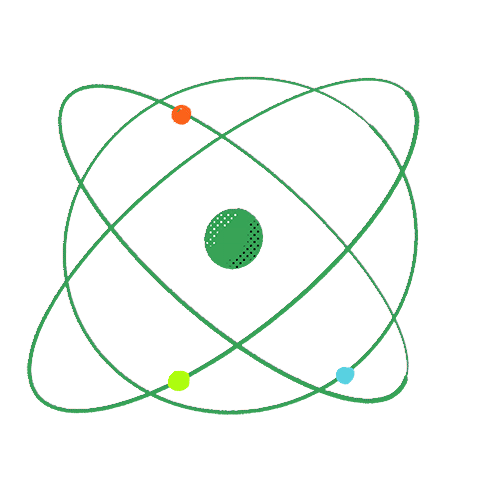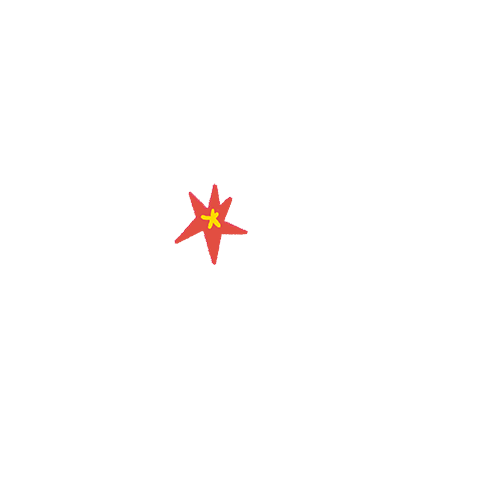
Backwards Clock
The Backwards Clock tells the time, but it can be difficult to read it since the hands go backwards. What does time mean to you?

Some of our experiments do not belong to any specific exhibition, but they are in the house and are worth exploring anyway. Come on, let's discover together!




The Backwards Clock tells the time, but it can be difficult to read it since the hands go backwards. What does time mean to you?


Test how well you see. The pictures consist of hundreds of small dots of different colours. People with normal sight can see numerals in the different pictures.


What would happen if your shadow, which is always grey, suddenly showed itself in colour? This experiment consists of three spotlights of different colours.


The experiment is closed due to remodelling.
When you go to the cinema, the film is projected onto a large screen. Here, the pictures are shown on a screen of microscopic water droplets. Are they big enough to make you wet?


This is a David and Goliath scenario using pieces of wood. The small piece can bring down the big one. All it needs is to get them in the right order.


The experiment is closed due to remodelling.
Which part of your body is warmest? It’s easy to feel whether one part is warmer than another if the difference is more than a few degrees.


You might be able to get our helicopter in the air, if you pedal really hard. The blades of the helicopter have the same shape as airplane wings. But how can you get a helicopter to fly?


The object of a Rorschach test is to show how we associate certain concepts and in this way draw conclusions about who we are. What can you see in the image?


Are you good at thinking about nothing? You can get the ball to roll to the other side of the table if you can produce the right sort of brain waves. The player who is most focused while remaining relaxed wins.


How will the marbles be distributed? Will they all end up in the same compartment every time you do the test?


The magnetic figures can be moved around and placed at different locations. The background has been painted according to classic rules of perspective to create a feeling of depth.


When the direction of light is changed by lenses it occurs by a process known as refraction. Here, five laser beams are refracted in different ways.


How does a siphon work? You can see the mechanism in this experiment. What happens if you tilt the balance-board to one side or the other?


The dolls houses appear the same, but there are at least five differences. You will have to use all of your senses to find them. How many senses do humans have?


This experiment uses the same technology as photography. For a few moments you can say hello to your shadow, before it slowly fades away.


The experiment is closed due to remodelling.
The turned urn has been created on a lathe, and can be rotated. The contours along its sides change slightly, due to irregularities in the rotating process.


This experiment is more challenging when conducted together with several other people. How far can you move the ball through the maze?


Try to throw the ball into the hole when you have the lens in front of your eyes. You may start to get the hang of it after a while: why do you think this is so?


A regular film shows 24 images/second. This gives the observer an impression of non-stop movement.




